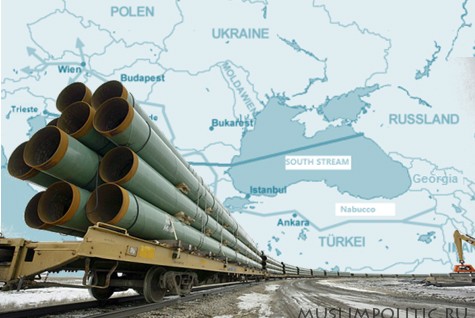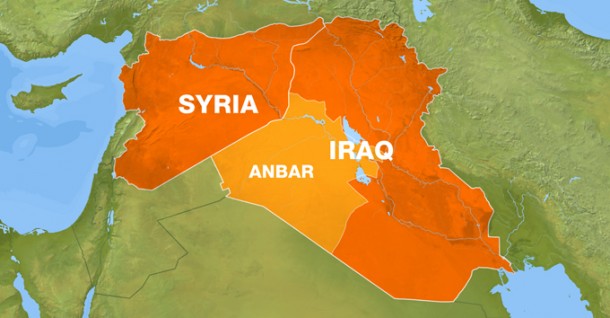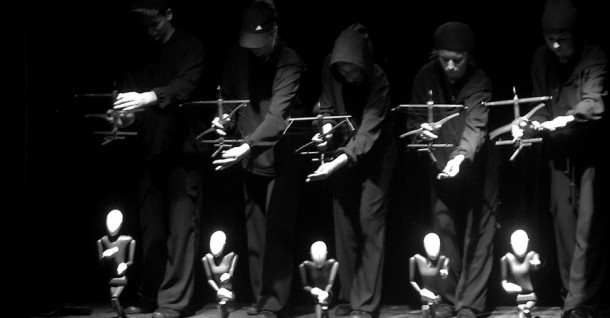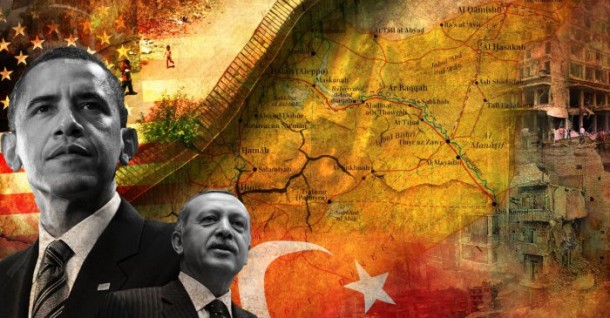Since a long time ago, political Islam supporters harbor a grudge against army. It is not surprising considering the fact that it was Ataturk, a descendant of military environment, who had proclaimed a course toward secularization and demolished the Ottoman Caliphate. In Egypt military officers had dispatched the local ikhwans. Algerian military establishment called off elections after landslide of the Islamic Salvation Front in 1991. Indeed, military dictatorships in the Middle East were the main persecutors of representatives of Islamic political movements through the second part of the XX century.
Probably, the most dolorous for political Islam followers was the recent overthrow of the Egyptian President Mohammed Morsi in August 2013. After toppling of Hosni Mubarak, it felt as if the epoch of military rule had gone, but after two years they came back taking all the power into own hands. The first Egyptian none-military President and representative of previously persecuted the Muslim Brotherhood movement was easily toppled under ultimatum.
Yet, it is not quite correct to axiomize this antagonism from historical patterns. Not everywhere military elites were adepts of national or secular ideology. In Pakistan, for instance, a military leader Muhammad Zia-ul-Haq had been running the Islamic line. Changeless since 1989, the Sudanese leader, the brigadier-general Omar al-Bashir, was encourager of the famous political Islam mastermind Hassan Al-Turabi, and in 1991, announced introduction of Sharia principles to the legislation.
The fact is that the army in the Middle East periodically seized the power in own hands since long time before Ataturk. Egypt’s Mamluks, being from military estate, seized the power in Egypt as early as the XIII century, and had been ruling for centuries. Mamluks were true advocates of faith and managed to protect the state from the Mongol invasion. However, gradually the institute of Mamluks dilapidated, and Egypt became a field of struggle between different Mamluk clans. It is not surprising that Egyptians hailed reign of the Ottomans. The final Mumluks mopping-up organized by Muhammad Ali in 1811, was nothing but expression of a power scramble.
Relation between Turkish sultans and the Janissaries was dramatically challenging in the first third of the XIX century causing dissolution of this military class.
In the XX century, conflicts between military in power and non-government religious movements had rather political characters, and also were related to a struggle for power and social impact than reflected any kind of inherent enmity of an army towards religion.
Military elites usually come out of the shadow when they see civil government to drive a country to crises. Dissipation of legitimacy and people’s support of the “belligerent solution” are two important conditions for successful coup. Quite often, carrier growth of a future dictator was initiated by a country’s head. Pinochet and Al Sisi were defense ministers nominated by presidents whom they eventually overthrown. Yet, military coups took place in Asia, Africa and Latin America in different ways. Almost bloodless it was in Libya in 1969, and in some places like in Chile in 1973, the coup was followed with indiscriminate killings.
Concerning the fifth unsuccessful Turkish mutiny, some specific features that differ it from many others either in Turkey or in the whole region should be noted. First of all, it should be noted that actions of rioters were obviously demonstrative. The military launched actions on Friday at 10 p.m., when most of the citizens keep vigil in leisure areas or watching TV. During the evening and night, Turkish citizens received information from pro-government channels. In other words, the strategic goal to provide information isolation was not reached. Whereas the Arab spring showed the importance of mobilization role of media either traditional TV and radio channels or social networks. During the unsuccessful mutiny, Turkish channels (except TRT) continued broadcasting, and the Internet with social media kept working after small noises.
In some cases, this unconcern of coupists might be justified. For instance, when regime’s prestige is as low that its public trampling would make army more popular. That is the reason why mutineers usually choose a moment for a coup when political power is weak, its popularity is close to zilch, and possibility that regime’s supporters go outside is low. Like it was with the last coup d’etat in Egypt July 3, 2013. The coup was organized on the back of multimillion protests against the president Morsi that took place throughout the country end of June – early July 2013.
Pro forma, Egypt military responded the call of discontented people, and affiliated news media managed to create a picture of mass dissatisfaction with the Muslim Brotherhood regime. In Turkish case, news media stayed under control of pro-government powers and provided victorious endspiel by calling people to go out on the streets. Of course, the state television channel TRT did not work for some time, and coupists went on air announcing the success of the upheaval. Some other private channels thus, including CNN Turk, kept on broadcasting. These channels transmitted speeches of the Prime-Minister and the President.
The Turkish coupists were not able to meet another important condition for a successful coup which is the arrest of key public figures. Were the president and the prime-minister alerted to danger before or there were informers among mutineers, but no one among important representative of political elite was arrested. The President Recep Erdo?an was able to leave a hotel in Marmaris and come back to Istanbul to show himself alive and the unfoiled victor of the mutineers. The fact that Erdo?an evaded arrest or avoided death at the hand of mutineers witnesses that Turkish intelligence agency could be informed about coupists’ plans. Moreover, miraculous escape of a leader from a peril is considered as an important element of legitimacy strengthening in a public perception in the Middle East culture. Erdo?an’s “miraculous escape” from revolted special military forces and jets became the important element of the triumphant victory over mutineers.
Small number of soldiers engaged in the coup is surprising as well. This is a case of a few tanks, jets and helicopters. It is clear that this enginery might cause a lot of bustle in Ankara and Istanbul. Though, using this hardware to cease a power in that situation seemed to be an absurd.
Considering these evident inconsistency and oddities, versions that the coups had been staged by the Turkish regime spread. The defeat of the coupists in Turkey became a gift for Erdo?an, who confirmed it after reappearance in Istanbul. If it is possible to suppose that the regime and intelligence knew about the military rising and even let them do it? To be honest, I do not want to believe it. But if so, this was a very dangerous step, a step on the razor’s edge.
In conclusion, it should be noted that despite pluses wishing or not earned by the regime in the struggle against the opposition the weakness of military as politically important institute might badly affect defense capacity of the country. In Muslim history internal clashes between different powers quite often enfeeble society and let external enemies to use this situation. Does Turkish government understand it? Thereon depends the future of Turkey itself and the whole region at large.
Gumer Isayev, PhD in History, director of the Saint-Petersburg Center for the Modern Middle East Studies
![Электронный журнал [Электронный журнал]](/magazine.static/magazine-front.jpg)






